The way you drink matters
- It is recommended to follow a moderate and responsible drinking pattern: enjoy wine with the meals, alternate with water, and always avoid binge drinking.
- Consuming moderate amounts of wine regularly with a meal has been associated with several health benefits, especially if the meals are inspired by the Mediterranean diet.
- When drinking a glass of wine, the amount you drink is not the only important factor, how you consume it will also matter: this is known as your “drinking pattern”.

Did you know ?
It is better for those who choose to drink to do so regularly and moderately with the meals than to drink a large amount at one occasion. Exceptions made of course for individuals or certain situations where drinking should be avoided.
Countries in the Mediterranean
where wine and other alcoholic beverages are mainly consumed at home and with the meals, are recognised to have one of the best diets in the world. Furthermore, the volume of alcoholic beverages consumed in every occasion tends to be much lower – this drinking pattern has been credited as one of the best ones in the world. In parallel, other drinking habits persist where a high volume of alcoholic beverages is consumed in a single occasion (or for example once a week during the weekends) – this pattern which is also known as binge drinking, is not recommended.



Lower risk
especially due to a lower rate of:
- Coronary heart disease/heart attack
- Classical stroke
- Diabetes Mellitus Type 2
Higher risk
especially due to a higher rate of:
- Liver cirrhosis
- Hemorrhegic stroke
- Cancer, etc.
The benefits of moderate wine consumption
- When consumed in moderation and in the context of a Mediterranean diet and a healthy lifestyle, wine has been known to have some health benefits.
- Moderate wine drinkers have in fact a lower risk of dying from a number of diseases (heart attacks, strokes, type-2 diabetes, etc.) than those who do not drink any wine / alcoholic beverages or those who drink too much.
- This does not apply for certain individuals and/or in certain situations. If you have any questions, please ask your medical doctor.
- On the other hand, the risks increase with every drink above the recommended guidelines.
This relationship is widely known as the J-curve.
Risks associated with excessive consumption of alcoholic beverages
Alcohol misuse is associated with a range of long-term chronic diseases that reduce a person’s quality of life. These include hypertension, cardiovascular problems, liver cirrhosis, alcohol dependence, various forms of cancer, alcohol-related brain damage and a range of other problems.
In addition to these potential health issues, there can also be social consequences, both for the drinker and for others around them, including family members, friends, and colleagues as well as bystanders and strangers.